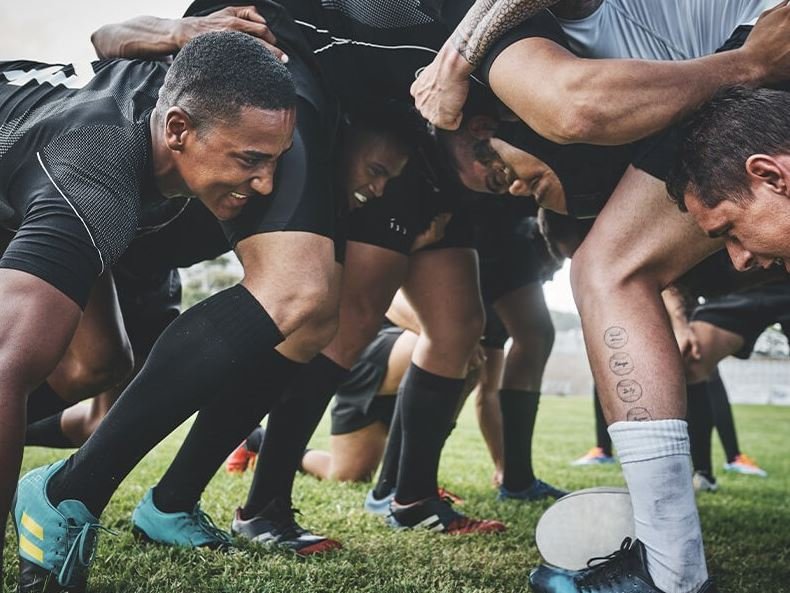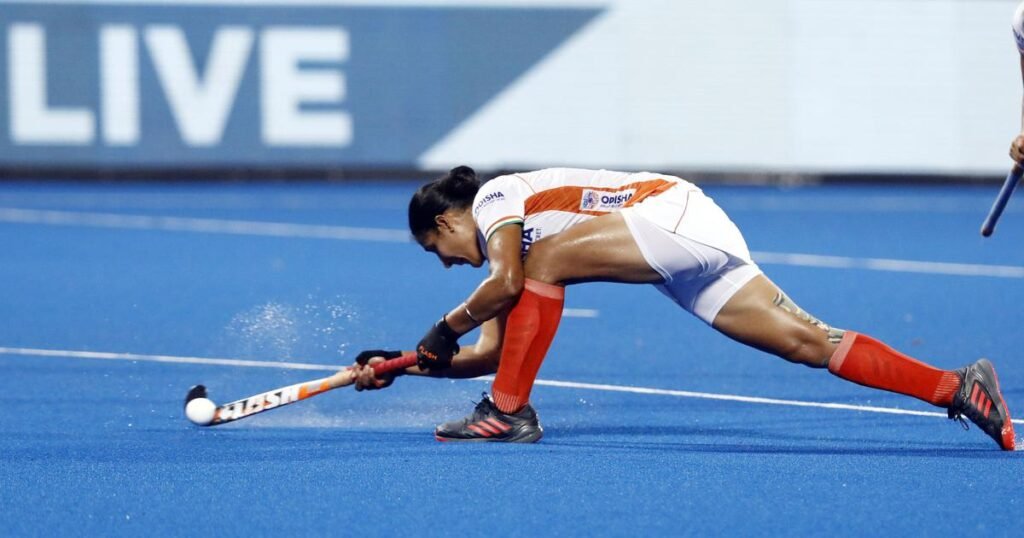Sports insurance is essential for protecting athletes, teams, and organizations from the financial risks associated with injuries, accidents, and other unexpected incidents. With a variety of policies available, selecting the right coverage can feel overwhelming.
Whether you’re an individual athlete, a parent of a young player, or a coach managing a team, this guide will help you understand the key factors to consider when choosing the right sports insurance policy.
Why Sports Insurance Matters
Sports involve physical activity, which naturally carries risks. Without proper coverage, the financial burden of injuries, lawsuits, or equipment damage can be significant. Sports insurance offers:
- Financial protection for medical expenses.
- Liability coverage for teams, coaches, and event organizers.
- Peace of mind for athletes and parents.
Selecting the right policy ensures that you’re prepared for any eventuality while focusing on performance and enjoyment.

Steps to Choose the Right Sports Insurance Policy
1. Identify Your Needs
The first step in selecting a policy is understanding what you need. Consider the following:
- Are you an individual athlete or part of a team?
- Do you need liability coverage for coaching or event organizing?
- Are you traveling for sports?
- Is equipment coverage necessary?
2. Understand the Types of Sports Insurance
Familiarize yourself with the types of coverage available so you can choose the one that matches your requirements:
Accident Insurance
Covers medical expenses for injuries sustained during play, such as doctor visits, hospital stays, and rehabilitation.
Liability Insurance
Protects against lawsuits for injuries or property damage. Essential for coaches, trainers, and event organizers.
Loss of Income Insurance
Provides financial support for professional athletes unable to compete due to injury.
Equipment Insurance
Covers the repair or replacement of damaged or stolen sports equipment.
Event Insurance
Offers liability and participant coverage for sports events and tournaments.
3. Compare Policies from Different Providers
Research reputable sports insurance providers and compare their offerings. Pay attention to:
- Coverage options: Ensure the policy covers your specific needs.
- Premiums: Compare costs and find a policy within your budget.
- Deductibles: Review how much you’ll need to pay out of pocket before coverage kicks in.
- Limits: Check the maximum payout amounts for claims.
4. Consider the Level of Risk
Your sport and role determine your level of risk:
- High-contact sports (football, rugby) require more comprehensive coverage due to the likelihood of injuries.
- Recreational athletes may only need basic accident insurance.
- Event organizers should prioritize liability coverage for large gatherings.
5. Check for Compliance with League or Venue Requirements
Many leagues and venues require athletes, teams, or organizers to carry specific types of insurance. Ensure your policy meets these requirements to avoid disqualification or fines.
6. Look for Customizable Policies
Choose a provider that allows you to tailor your coverage. For example:
- Add travel insurance if competing internationally.
- Include equipment coverage if you use expensive gear.
Customizable policies ensure that you’re only paying for the coverage you actually need.

7. Evaluate the Claims Process
A smooth claims process is crucial when dealing with injuries or accidents. Look for:
- Ease of filing: Can claims be filed online or through an app?
- Processing time: How quickly are claims resolved?
- Customer reviews: Check testimonials to gauge customer satisfaction with the claims process.
8. Check for Exclusions
Every policy has exclusions—situations or incidents that are not covered. Common exclusions include:
- Pre-existing medical conditions.
- Injuries from high-risk activities (e.g., extreme sports).
- Incidents involving drugs or alcohol.
Read the fine print carefully to avoid surprises.
9. Get Recommendations
Seek advice from:
- Teammates or coaches who have experience with sports insurance.
- Online reviews and forums for unbiased feedback.
- Your league or organization for preferred providers.
10. Ask About Discounts
Some providers offer discounts for:
- Group coverage: Teams or clubs purchasing multiple policies.
- Bundled insurance: Combining sports insurance with other policies like health or travel insurance.
FAQs
Is sports insurance necessary if I already have health insurance?
Yes, health insurance often doesn’t cover liability, equipment damage, or non-medical risks associated with sports. Sports insurance provides specialized coverage for these areas.
How much does sports insurance cost?
The cost varies based on the type of coverage, the level of risk, and the provider. Individual plans can range from $50 to $500 annually, while team or event coverage may cost more.
Can I buy sports insurance for a single event?
Yes, many providers offer short-term policies for one-time events, covering participants, organizers, and venues.
What is the difference between accident insurance and liability insurance?
- Accident insurance covers medical expenses for injuries.
- Liability insurance protects against lawsuits for injuries or damages caused by negligence.
How do I file a claim?
To file a claim, follow these steps:
- Document the incident, including photos and receipts.
- Notify your insurance provider immediately.
- Submit the required forms and supporting documents.
- Wait for the provider to process and approve your claim.
What should I do if my sport is considered high-risk?
High-risk sports may require specialized coverage. Contact providers experienced in insuring extreme or contact sports to ensure adequate protection.
Conclusion
Choosing the right sports insurance policy involves assessing your needs, understanding coverage options, and comparing providers. By considering factors like risk level, policy exclusions, and claims processes, you can find a policy that provides the protection you need at a price you can afford.
Whether you’re a recreational player, a professional athlete, or a sports organization, investing in the right sports insurance ensures peace of mind and financial security, allowing you to focus on what matters most—your love for the game.







